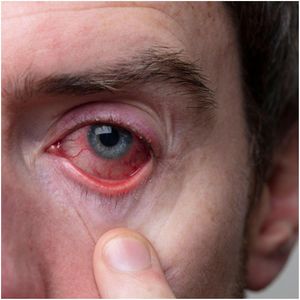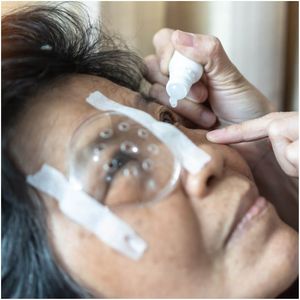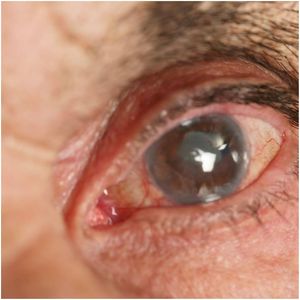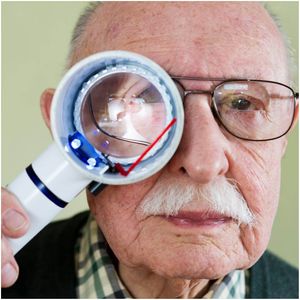Eye Diseases
Eye Diseases
“Eye diseases” is a blanket term that refers to a host of diseases relating to the function of the eye. Understanding these conditions is essential for early detection and effective treatment.


At Infocus Eye Care in Colorado Springs, our eye specialists believe that informed patients are empowered patients, and we are here to support you on your journey to maintaining optimal eye health. Below, we describe some of the more common types of eye diseases and how they are generally treated. For more in-depth information, please contact Infocus Eye Care.

Conjunctivitis (Pink Eye)
Conjunctivitis, also known as pink eye, is an infection or inflammation of the conjunctiva – the thin, protective membrane that covers the surface of the eyeball and the inner surface of the eyelids. Caused by bacteria, viruses, allergens, and other irritants like smoke and dust, pink eye is highly contagious and is usually accompanied by redness in the white of the eye and increased tearing and/or discharge.
While many minor cases improve within two weeks, some can develop into serious corneal inflammation and threaten sight. If you suspect conjunctivitis, contact our family eye care center for a vision assessment and treatment.

Diabetic Eye Disease
Diabetic eye disease is a general term for a group of eye problems that can result from having type 1 or type 2 diabetes, including diabetic retinopathy, cataracts, and glaucoma.
Often there are no symptoms in the early stages of diabetic eye disease, so it is important that you don’t wait for symptoms to appear before having a comprehensive eye exam. Early detection and treatment of diabetic eye disease will dramatically reduce your chances of sustaining permanent vision loss.

Glaucoma
Often called “the silent thief of sight,” glaucoma is an increase in the intraocular pressure of the eyes, which causes damage to the optic nerve with no signs or symptoms in the early stages of the disease. If left untreated, glaucoma can lead to a decrease in peripheral vision and eventually blindness.
While there is no cure for glaucoma, there are medications and surgery available that can help halt further vision loss. Early detection and regular eye exams are vital to slowing the progress of the disease.

Macular Degeneration
Macular degeneration is a chronic, progressive disease that gradually destroys sharp central vision due to a deterioration of the macula, a tiny spot in the central portion of your retina comprised of millions of light-sensing cells. Because it is so commonly associated with aging, it is also known as age-related macular degeneration (AMD). There are two forms of AMD: “dry,” which is the most common and has no known treatment, and “wet,” which is less common and can be treated with laser procedures. Genetic testing is now available to help identify those most likely to develop “wet” macular degeneration.
In most cases, reversing damage caused by AMD is not possible, but supplements, protection from sunlight, eating a balanced diet, and quitting smoking can reduce the risk and progression of macular degeneration. For suggestions, speak with our eye care professionals at Infocus Eye Care.
At Infocus Eye Care, our expertise and advanced equipment enable us to accurately diagnose and effectively treat a wide range of eye diseases, including those mentioned above, right here in Colorado Springs. If you’re looking for more information or are ready to take the next step in your eye care journey, please request an appointment with our optometrist. We look forward to assisting you in achieving and maintaining optimal eye health.











